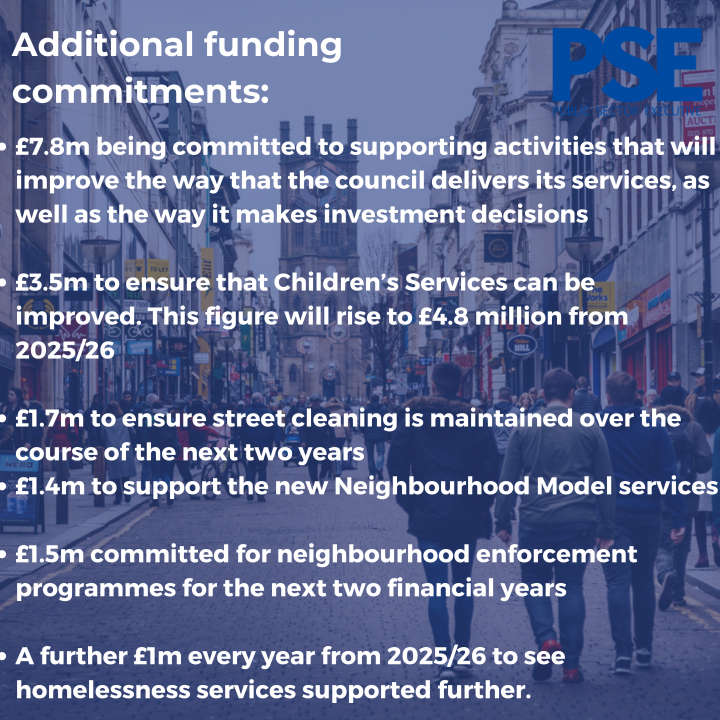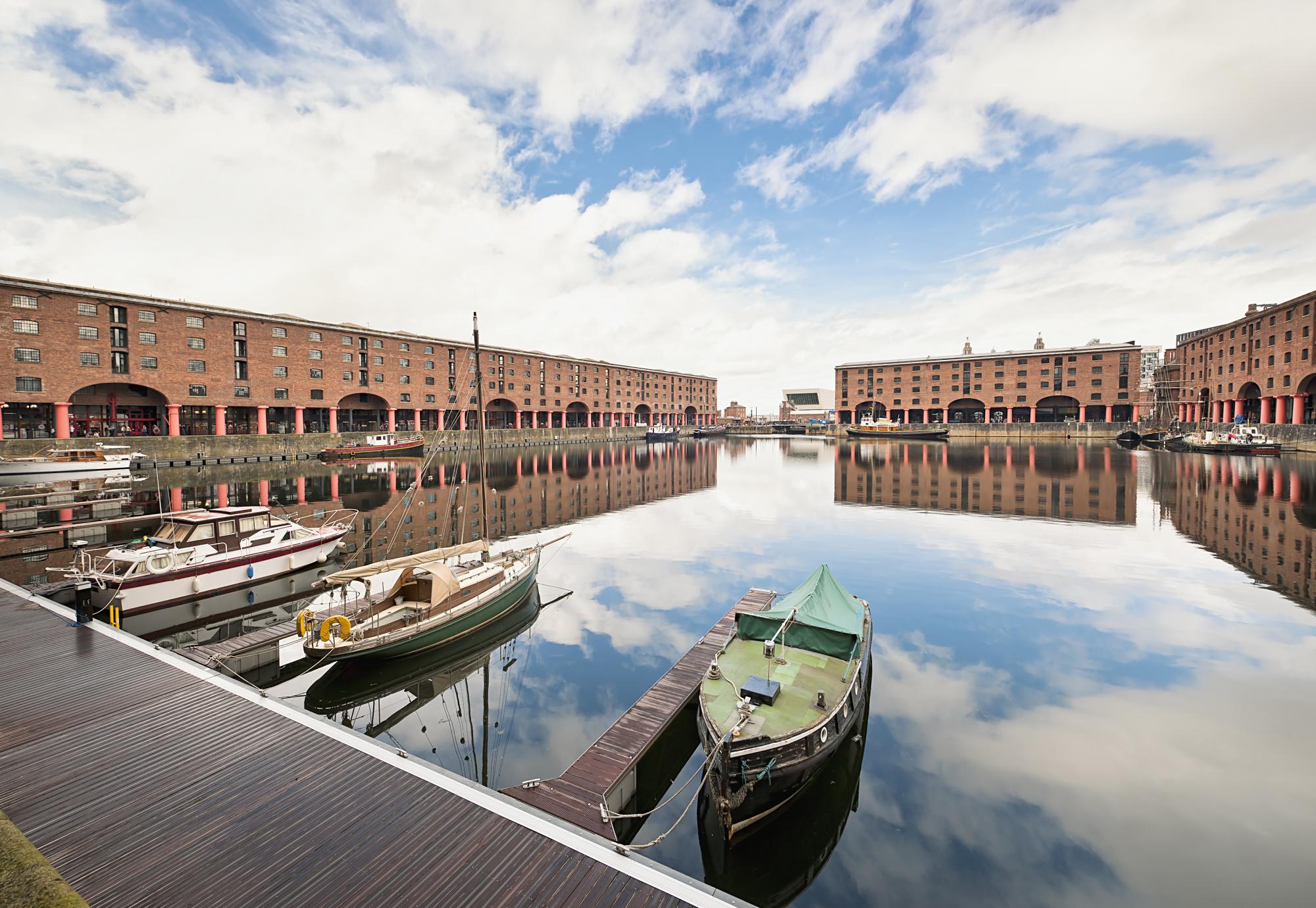Liverpool City Council has announced that it has established its budgetary proposals for 2024/25 with a key focus being on investments into supporting social services.
Additional funding worth more than £20 million is being committed to improving the council’s essential frontline services, with this covering areas such as adult social care, children in care, homelessness and environmental programmes. This investment comes as a result of increased demand for those services thanks to inflation and the cost of living crisis.
This budget will, according to the city council, serve to support the most vulnerable in the city and its communities, whilst also delivering improvements that come alongside improved financial management. These include improving the ways that payments are collected, as well as how new legislation can be used to bring vacant properties back into use quickly.

Commenting on the budget proposals, Leader of the Council Liam Robinson said:
“Despite the huge financial challenges that the local government sector is facing, I am hugely proud of the work of the entire council in proposing a budget which protects essential services and invests in many of the services we know people value the most.”
The main elements of the additional funding will include:
- £7.8m being committed to supporting activities that will improve the way that the council delivers its services, as well as the way it makes investment decisions
- £3.5m to ensure that Children’s Services can be improved. This figure will rise to £4.8 million from 2025/26
- £1.7m to ensure street cleaning is maintained over the course of the next two years
- £1.4m to support the new Neighbourhood Model services
- £1.5m committed for neighbourhood enforcement programmes for the next two financial years
- A further £1m every year from 2025/26 to see homelessness services supported further.
This increased funding is possible thanks to the council’s progress on its transformation programme. The programme aims to make the council as efficient and productive as possible, with this potentially leading to £85 million worth of savings by the start of the 2025/26 financial year. Due to increased income collection rates, an additional £18 million is also projected to be generated by 2025/26.
Councillor Ruth Bennett, Deputy Council Leader and Cabinet Member for Finance and Resources, added:
“We have only been able to propose investment in key services thanks to the hard work that has gone in over the last year to putting our financial house in order.
“The improvements we are making in improving our systems and processes, cracking down on debtors who can, but refuse to pay, driving up the collection of Council Tax and business rates and a focused approach to contract procurement is already boosting our finances significantly.”
Image credit: iStock



















